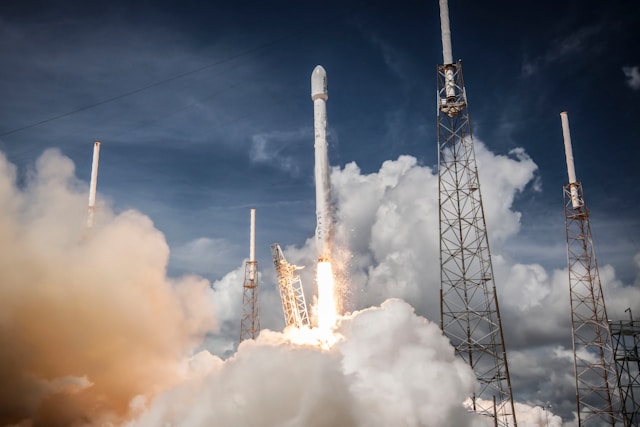By Jeremy Hance / Mongabay
Scientists warn that the Earth may be reaching a planetary tipping point due to a unsustainable human pressures, while the UN releases a new report that finds global society has made significant progress on only four environmental issues out of ninety in the last twenty years. Climate change, overpopulation, overconsumption, and ecosystem destruction could lead to a tipping point that causes planetary collapse, according to a new paper in Nature by 22 scientists. The collapse may lead to a new planetary state that scientists say will be far harsher for human well-being, let alone survival.
“The odds are very high that the next global state change will be extremely disruptive to our civilizations. Remember, we went from being hunter-gathers to being moon-walkers during one of the most stable and benign periods in all of Earth’s history,” co-author Arne Mooers with Simon Fraser University explains in a press release.
If it all sounds apocalyptic, the scientists say it probably should.
“In a nutshell, humans have not done anything really important to stave off the worst because the social structures for doing something just aren’t there,” says Mooers. “My colleagues who study climate-induced changes through the earth’s history are more than pretty worried. In fact, some are terrified.”
“The data suggests that there will be a reduction in biodiversity and severe impacts on much of what we depend on to sustain our quality of life, including, for example, fisheries, agriculture, forest products and clean water. This could happen within just a few generations,” says lead author Anthony Barnosky, with the University of California, Berkeley. Some species would likely come out as winners in this scenario, but overall biodiversity would crash with drastic impacts for human society.
Research on ecological collapse has shown that once 50-90 percent of an ecosystem is altered, it risks imminent collapse. Extrapolating this to the world as a whole, the researchers point out that today 43 percent of the world’s terrestrial ecosystems have been converted to agriculture or urban use with roads covering most wild areas. Experts say that by 2025, half of the world’s land surface will have been altered. Even untouched areas, however, are feeling the impacts of climate change, biodiversity loss, and pollution.
“Can it really happen? Looking into the past tells us unequivocally that, yes, it can really happen. It has happened,” Barnosky says. “I think that if we want to avoid the most unpleasant surprises, we want to stay away from that 50 percent mark.”
The scientists also compared today’s environmental pressures to past tipping points that led to wholesale planetary changes.
“The last tipping point in Earth’s history occurred about 12,000 years ago when the planet went from being in the age of glaciers, which previously lasted 100,000 years, to being in its current interglacial state,” explains Mooers. “Once that tipping point was reached, the most extreme biological changes leading to our current state occurred within only 1,000 years. That’s like going from a baby to an adult state in less than a year.”However, he adds: “The planet is changing even faster now.”Co-author Elizabeth Hadly says that tipping points may have already occurred in some regions, leading to a ruined environment, worsening conflict, and human misery.”I just returned from a trip to the high Himalayas in Nepal, where I witnessed families fighting each other with machetes for wood—wood that they would burn to cook their food in one evening. In places where governments are lacking basic infrastructure, people fend for themselves, and biodiversity suffers,” she says. “We desperately need global leadership for planet Earth.”

